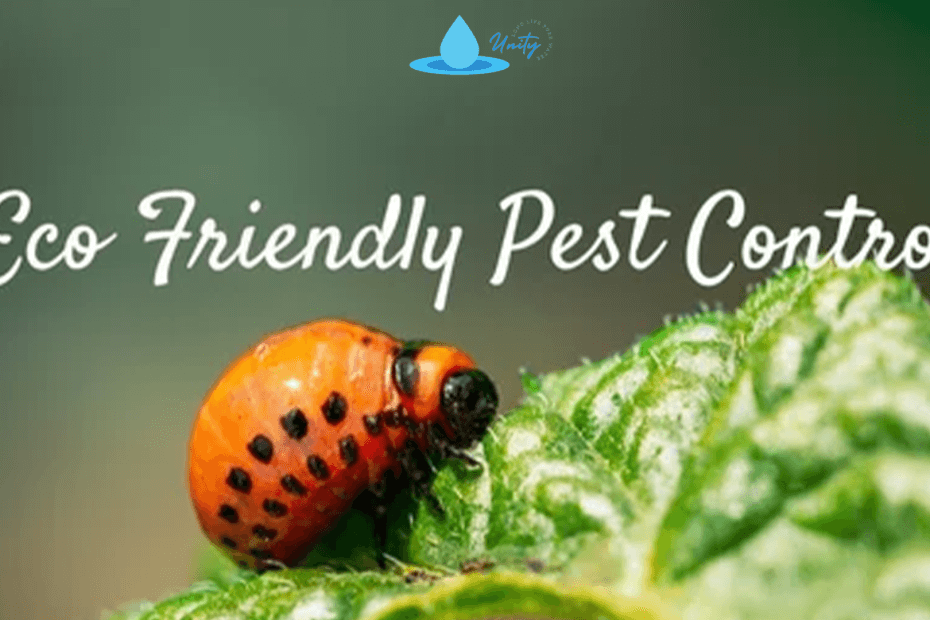Eco-Friendly Pest Control: Mumbai’s Push Towards Sustainable Solutions
As the world grapples with environmental challenges, there’s a growing emphasis on sustainable practices in every sector, including pest control. Mumbai, a city that’s always at the forefront of change, is no exception. With a rising environmental consciousness among its residents and businesses, the city is witnessing a shift towards eco-friendly pest control solutions. Let’s delve into this green revolution and evaluate its effectiveness.
The Need for Eco-Friendly Pest Control
Traditional pest control methods, while effective, often rely on chemicals that can harm the environment and pose health risks. Mumbai’s dense population and unique challenges amplify these concerns. The push for eco-friendly solutions arises from:
- Environmental Concerns: Minimizing the ecological footprint and reducing harm to non-target species.
- Health Implications: Reducing exposure to harmful chemicals, especially in homes and food establishments.
- Regulatory Push: Adhering to stricter environmental regulations and guidelines.
Popular Eco-Friendly Pest Control Methods
Several green alternatives are gaining traction in Mumbai:
- Biological Control: Introducing natural predators to control pest populations. For instance, certain types of fish can be introduced in water bodies to control mosquito larvae.
- Botanical Insecticides: Derived from plants, these insecticides are biodegradable and less toxic. Neem oil is a popular example.
- Organic Repellents: Using natural substances like lemon eucalyptus oil as mosquito repellents.
- Integrated Pest Management (IPM): A holistic approach that combines various methods, focusing on prevention, monitoring, and control with minimal environmental impact. The National Pest Management Association (NPMA) offers insights into IPM.
Effectiveness of Eco-Friendly Solutions
While eco-friendly methods are environmentally responsible, their effectiveness can vary:
- Targeted Approach: Green solutions often target specific pests, reducing collateral damage to beneficial species.
- Long-Term Benefits: Sustainable methods, especially IPM, focus on long-term solutions rather than quick fixes.
- Reduced Resistance: Pests are less likely to develop resistance to natural repellents and controls compared to synthetic chemicals.
Conclusion
As Mumbai strides towards a sustainable future, the adoption of eco-friendly pest control methods is a significant step in the right direction. While challenges remain, the combined efforts of businesses, professionals, and residents can ensure a greener, pest-free Mumbai for generations to come.

